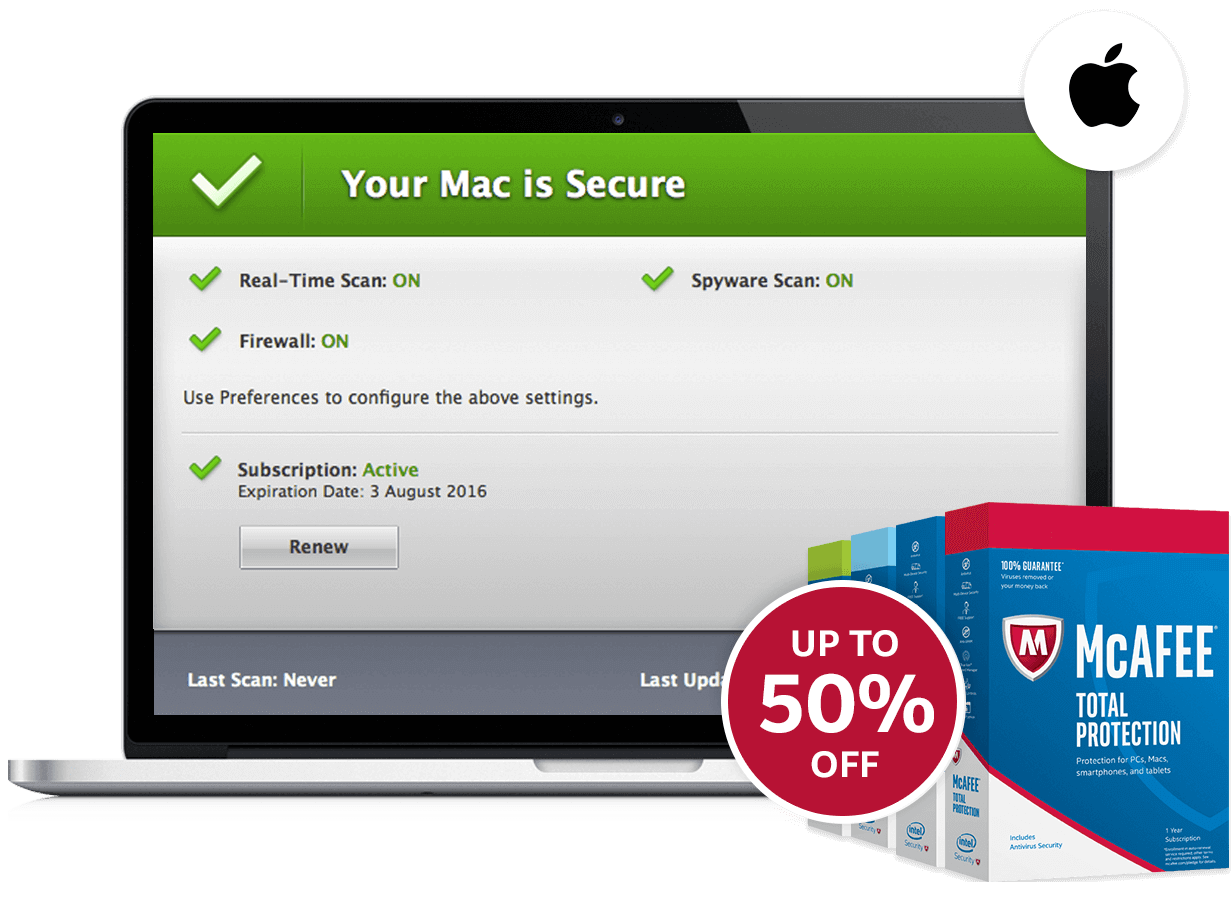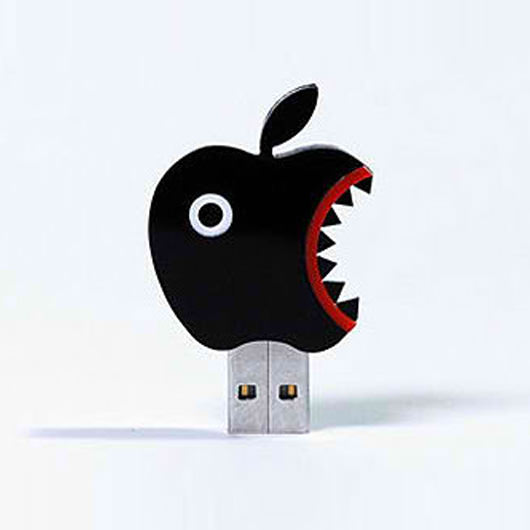
Version 9.0.1 of Norton AntiVirus resolved this issue. Normally, Norton AntiVirus deletes this file when scanning the archives is complete, though it may not be deleted automatically.

The file contains no actual data and may be deleted. This was a temporary file that Norton AntiVirus created when scanning archives on your computer to help determine the amount of free space available on the disk before it begins unstuffing and scanning archives.



While this circumstance doesn't negate the potential utility of having anti-virus software installed, and won't let the cautious rest easier should the currently mythical Mac OS X attack horde materialize, it should give pause to users who feel coerced into purchasing anti-virus software.įirst, let's look at some of the problems that have been caused, on a widespread basis, by Symantec's Norton AntiVirus: However, what the virus software companies aren't telling users in their barrage of press releases and dire statements to publications that dutifully pass claims of a rising threat onto readers as fact is that, to date, more problems have been caused by anti-virus software on Mac OS X systems than actual vulnerabilities thwarted. With scare tactic statistics like "a 228 percent increase in malware attacks over the past three years" - even though no single piece of Mac OS X malware has yet managed to successfully cause significant system damage or reliably spread - it's easy to see why some users are taking the bait. With dubious reports of a nascent malware menace threatening Mac OS X's current status as (for all intents and purposes) a virus-free platform, many readers have inquired about the need for installation Mac OS X anti-virus software.Īsk McAfee or Symantec and you'll be met with an implore that users purchase, install and regularly use their Mac OS X virus scanning software.


 0 kommentar(er)
0 kommentar(er)
